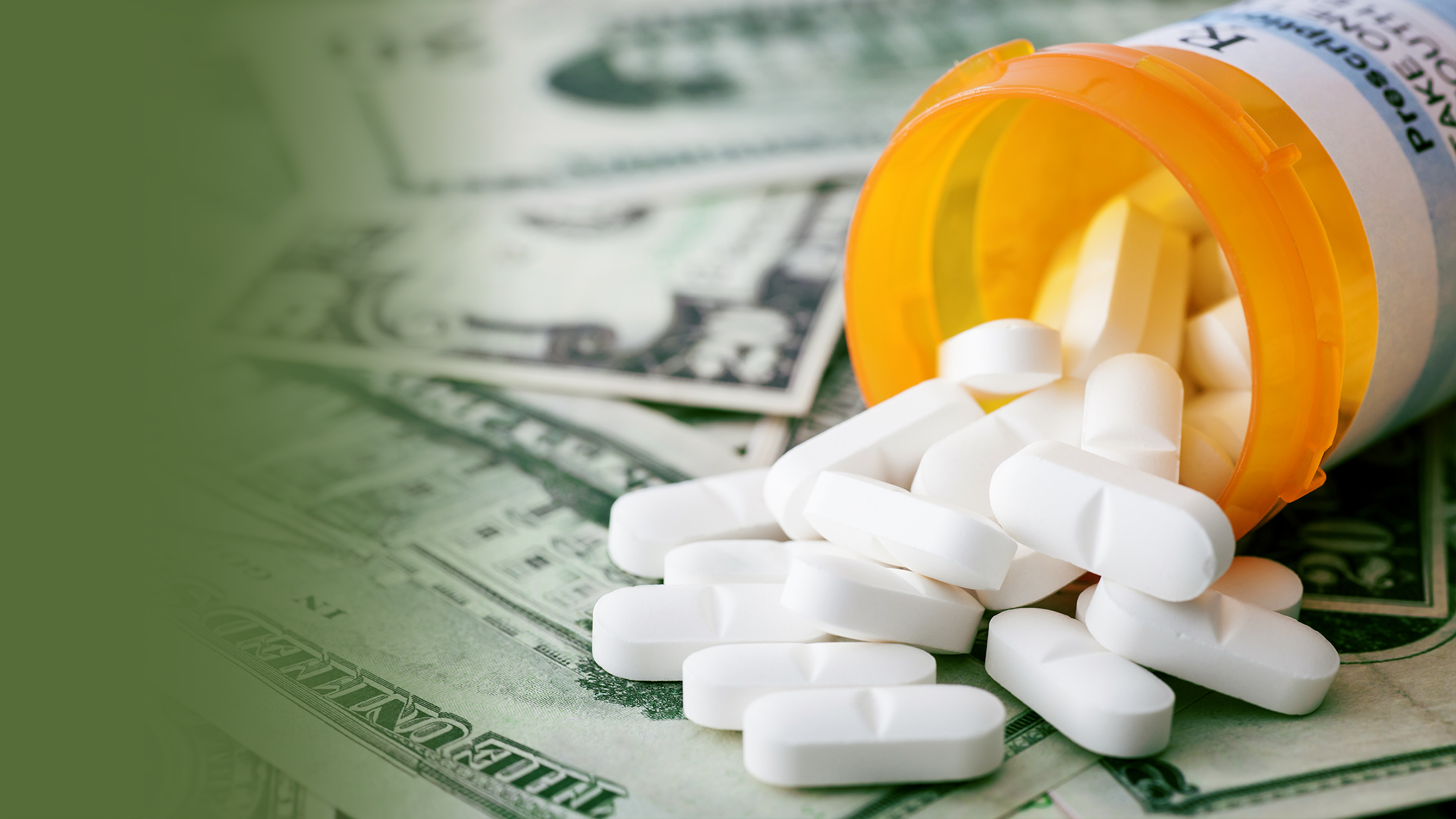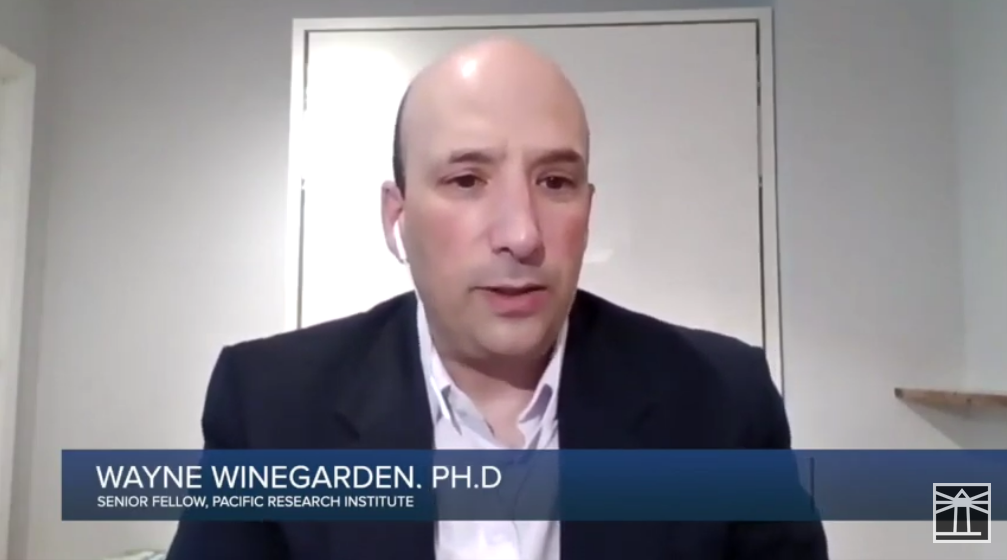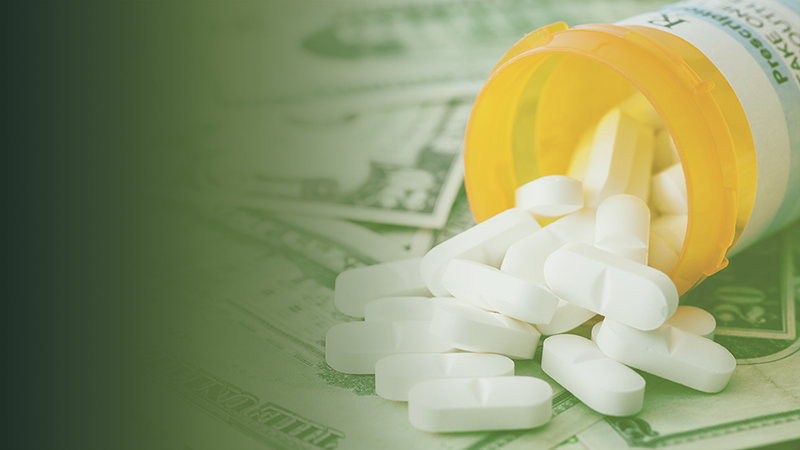Where’s The Promised Transparency in Drug Pricing?
Hospitals are shoring up their balance sheets on the backs of cancer patients, according to a new study published in JAMA Internal Medicine. Researchers looked at 25 of the top cancer medications distributed at 61 cancer treatment centers across the country over the course of six months. They found that the clinics charged private insurers anywhere from 118% to 634% above what it cost them to acquire the drug. It shouldn’t take a team of medical researchers to find out how much...






